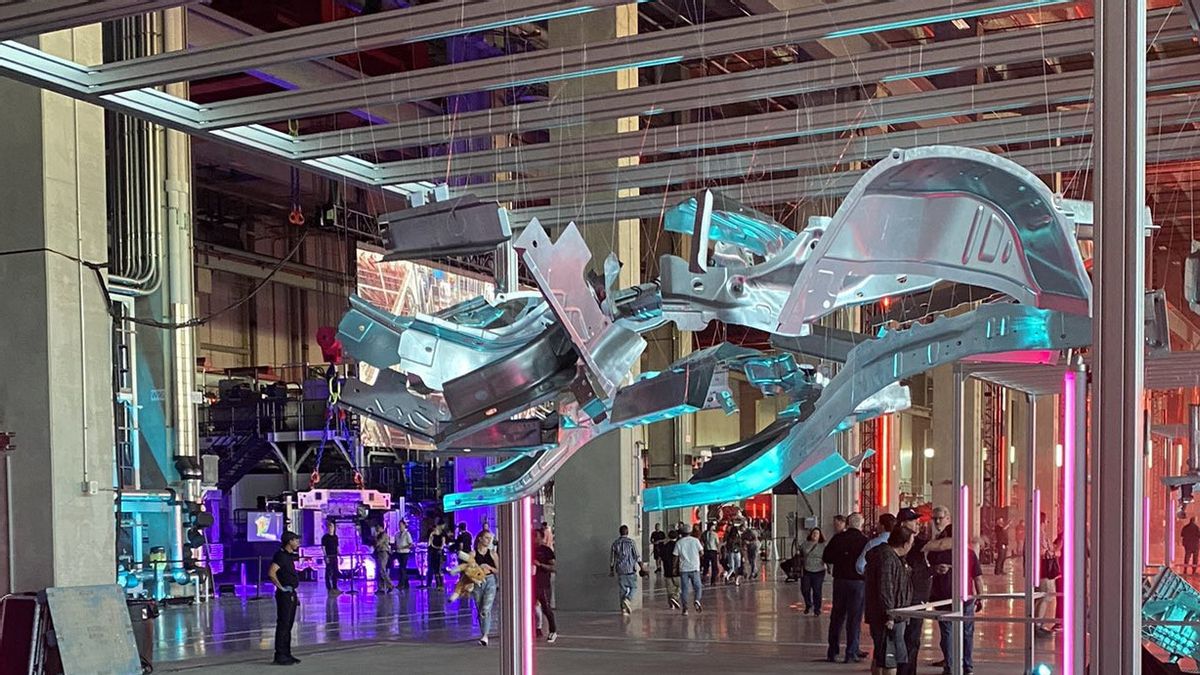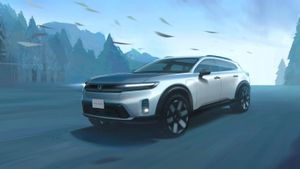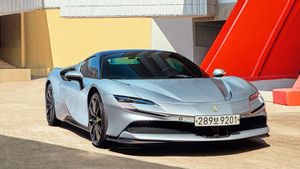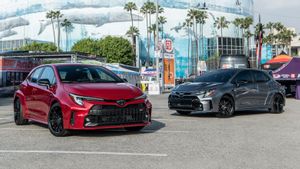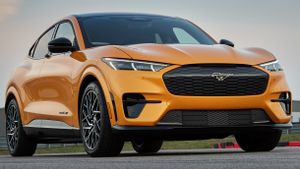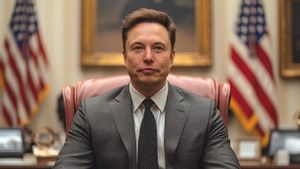JAKARTA - Volkswagen AG's top executive stated on Thursday, June 16, that the United States faces a major challenge in increasing battery production to facilitate the shift to electric vehicles. These include attracting and seeking skilled workers, mining for key metals, and supply chain issues.
Scott Keogh, chief executive of Volkswagen Group of America, told the Automotive News forum in Washington that the move to EVs is America's biggest single industry transformation.
Automakers and battery companies are committing tens of billions of dollars to build new battery factories and EV assembly plants across North America as they ramp up the production of electric vehicles.
According to Keogh, this move, with a focus on vehicles powered by new, state-of-the-art batteries rather than gasoline, requires the United States to overcome a series of challenges.
These challenges include attracting sufficient skilled workers, dramatically increasing and facilitating US mining for the essential mineral to produce lithium batteries for EVs, supply chain issues, and more broadly addressing healthcare, education, and infrastructure.
Keogh told Reuters on the sidelines of the forum that the project could potentially employ hundreds of thousands of people by 2030 in the production of the US battery industry.
SEE ALSO:
"It comes down to workforce, it comes down to infrastructure, it comes down to investment", Keogh told Reuters.
The US president, Joe Biden, has also set a target of 50% of new vehicle sales to be electric or plug-in electric by 2030. However, he has not supported the gradual cessation of sales of gasoline-powered vehicles by a specific date.
Keogh estimates that the United States makes 150,000-200,000 batteries per year and that seven years from now "the US needs to make 8.5 million batteries" annually.
"This is a scale of investment that would honestly make the industrial revolution look like a walking cake. It's huge", Keogh said.
Keogh also said the United States needed to do more to increase manufacturing capacity. The US manufacturing sector has fallen from more than 17 million jobs in 2000 to 12.8 million today, having recovered to pre-COVID-19 levels.
"We need to build a collective ecosystem that turns America into a manufacturing society again. I think America has become a service economy", Keogh said. "The challenge of getting someone who works at Starbucks to take a 20-minute break, smoke in the back, and now jump into a factory ... is a whole new world."
Keogh says long shifts for factory workers are much different. "It's a brutal, difficult, and challenging job", Keogh said.
The English, Chinese, Japanese, Arabic, and French versions are automatically generated by the AI. So there may still be inaccuracies in translating, please always see Indonesian as our main language. (system supported by DigitalSiber.id)
